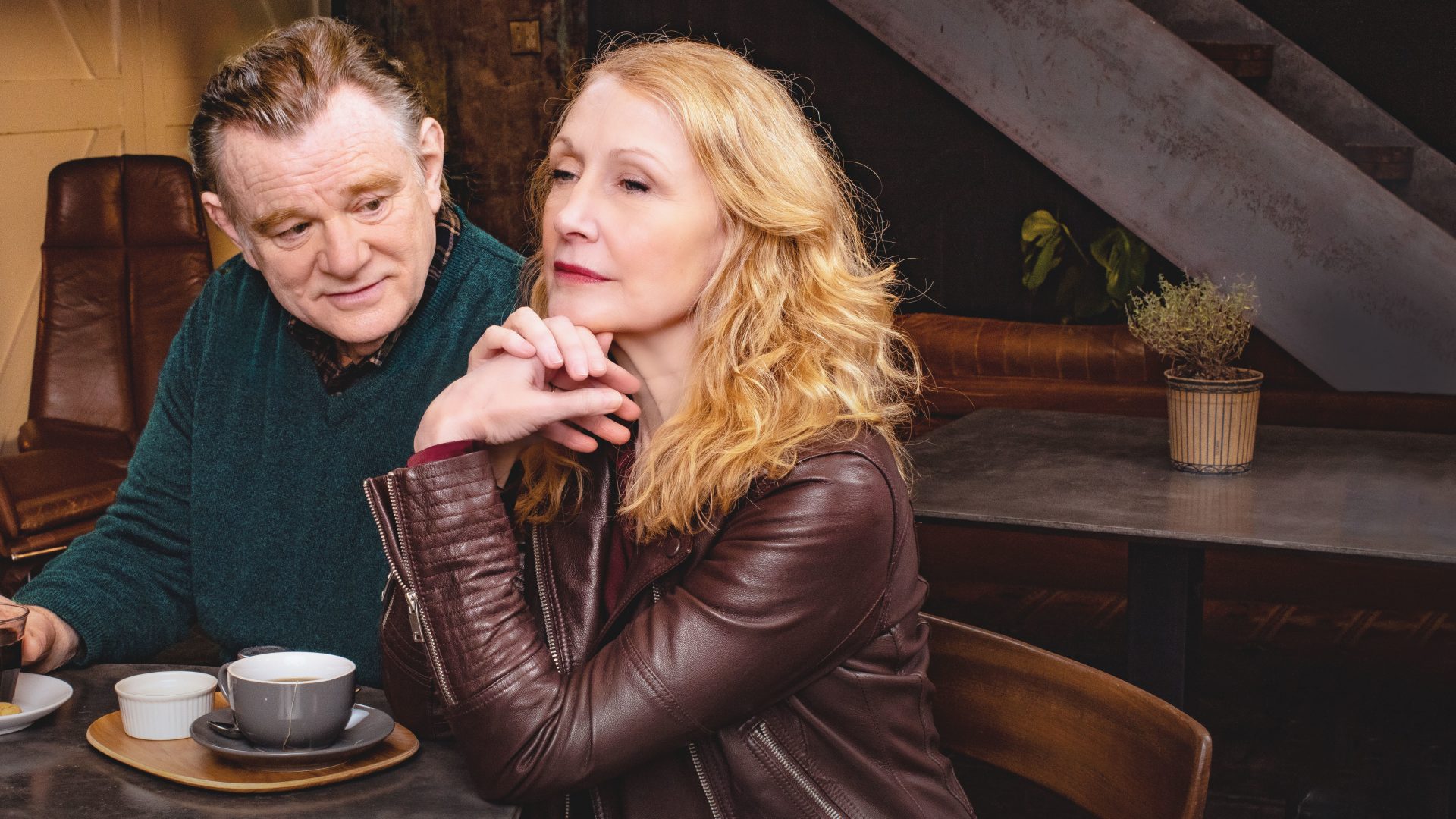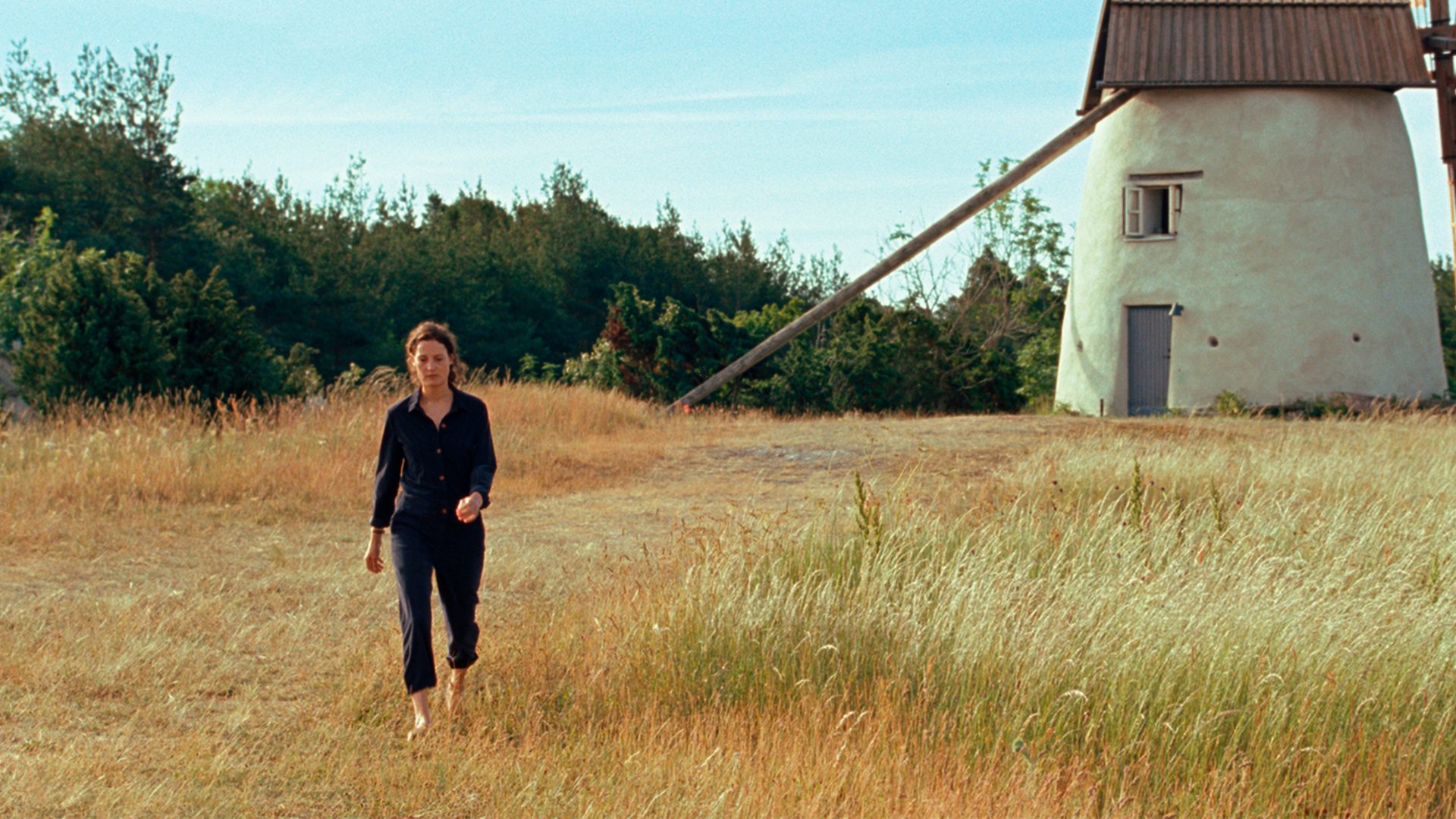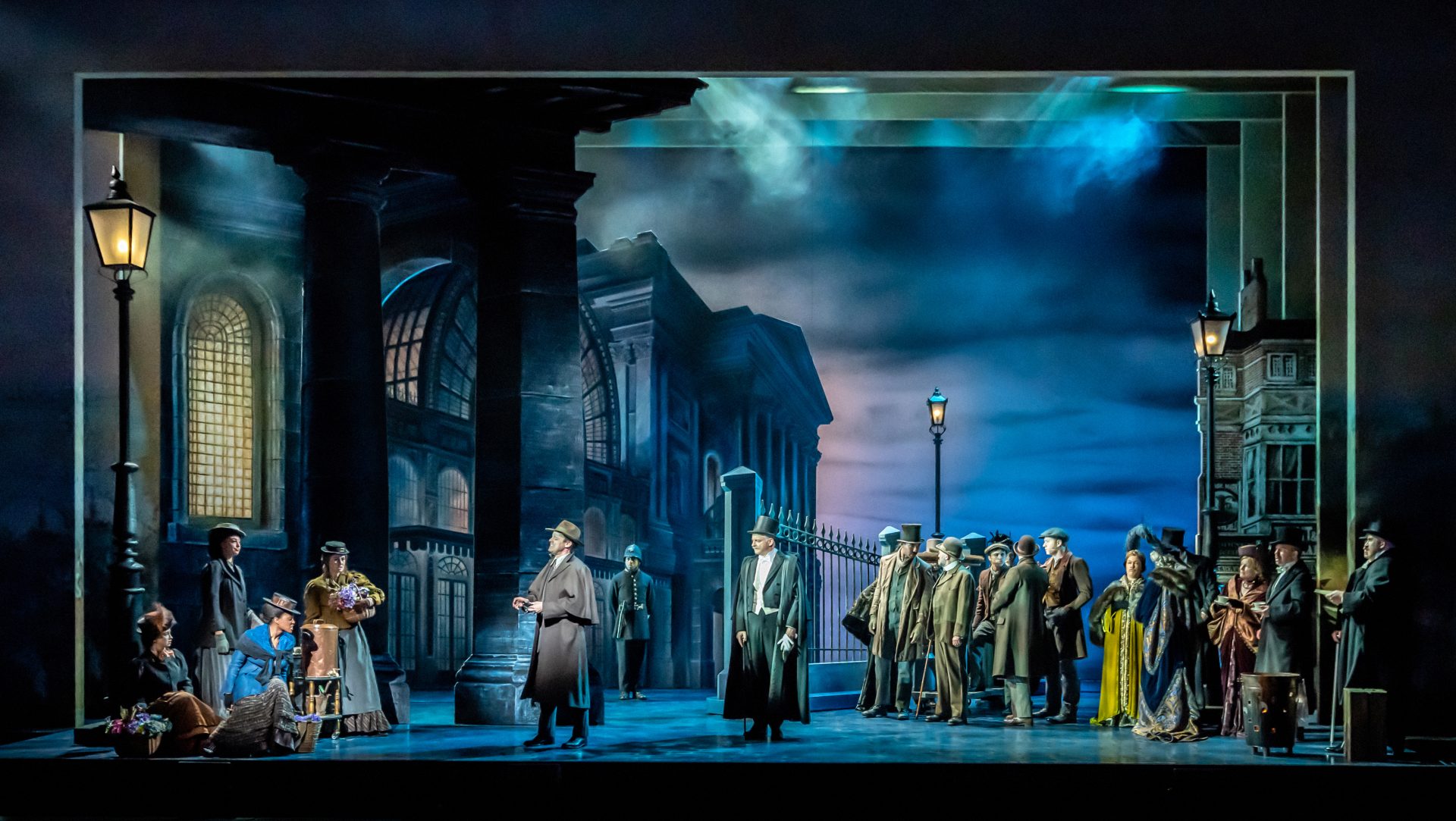I once tried my hand at marital counselling. Years ago, my mum and stepdad were having a creative discussion (not an argument – I’ve been told the distinction is imperative) over something non-consequential. Standing next to a rack of drying laundry, I grabbed the nearest item of clothing and declared that only the person holding said item was allowed to talk. Sadly, my plan somewhat lost its impact when all three of us looked down to see that I was holding a bright orange bra. Therapy bra, as it was coined, has since been consigned to the wardrobe and I have left dealing with the struggles and delights of marriage to the professionals. Enter Nick Hornby.
State of the Union is Hornby’s comedy about relationships on the brink. We
watch couples mull over their options; do they pull their marriages back from the edge or resign them to their fate? The first series, which aired in 2019, follows Tom and Louise (Chris O’Dowd and Rosamund Pike) as they meet in a pub each week before their marriage counselling session. Hornby’s 10-minute scripts dealt not only with marital fall-outs but Brexit ones too; Tom admits that not only did he vote to leave the European Union, which is news to Louise, but did so to spite his spouse’s Guardian-reading friends. NHS worker Louise uses every chance she gets subsequently to remind him that she’s now busier than ever at work as many of her colleagues have left the country, thanks partly to his voting habits.
If series one used its title for light social commentary on the state of divided Britain, then the second – swapping a London pub for a Connecticut coffee shop – reflects on older Americans struggling to keep up with a rapidly evolving nation. As before, we meet a couple – Scott and Ellen, both in their 60s and played by Brendan Gleeson and Patricia Clarkson – before their weekly therapy session. Ellen is keen to use their discussion as a way to explain that she wants a divorce, which leaves a coasting Scott perplexed.
We first meet Scott (Gleeson) as he begrudgingly enters the coffee shop, sticking out like a sore thumb dressed in a dark blue suit, surrounded by millennials and Gen-Zers. Here, he falls at the first hurdle of ordering coffee. “I just don’t see the word coffee,” he says squinting at a menu full of different
roasts and blends. Thus begins his sparring with the non-binary and asexual barista Jay (Esco Jouléy). Soon Ellen joins him and Jay says she wouldn’t have put them together.
And there we have the crux of their marital disharmony. Ellen drinks herbal tea, is a newly converted Quaker and has sponsored a Somali immigrant. Her other half loves films about Churchill, would rather off himself than drink non-dairy milk and is exasperated that he can’t ever “make jokes about or to wokeflakes”. The world has moved on, taking Ellen with it and leaving Scott behind.
The introduction of a permanent third character in Jay allows the second series to stand out from the first. But the barista is also a writer’s device to allow Scott to delve into this world of woke. Ever so slowly he sheds his curmudgeonly ways and engages with Jay’s spars rather than turning his nose up at them. They even concoct a plan for a fishing trip together. It is
here that Ellen finds herself in hot water for her bewilderment that a non-binary asexual person would like maritime pursuits.
I confess, at the end of the first series, I was ready to be rid of Tom and Louise, which is ironic because – spoiler alert – they appeared nowhere near ready to be done with each other. But with Scott and Ellen, I felt the opposite. Watching Scott go from misgendering Jay to discussing his swiping habits on dating apps with them is deliciously wholesome. For a Gen-Zer, it’s reminiscent of late-night and wine-filled debates with family members where we ponder our generational differences.
It’s also a reminder that in reality, discussions like this may take a little longer than a 10-week therapy course and aren’t as simple, but occasionally it’s nice to give in to the utopia TV presents.
It’s no mean feat to engage viewers with characters who dwell in the same environment each episode. But while the characters may not undergo any physical journeys, bar upstairs to their therapist’s office, their emotional one more than makes up for it.
Scott softens from the oblivious and complacent husband with Republican-leaning tendencies (even though he “votes Democrat”) that we first meet, confirmed with the gentle kiss he places on his wife’s forehead in the closing minutes. Ellen, in turn, learns that her husband can change, relinquishing a dash of her own stubbornness in the process.
Is this heart-wrenchingly endearing, engaging and amusing to watch, all within the four walls of a coffee shop? To quote Scott himself, “it really is”.
State of the Union is available to stream on BBC iPlayer
Megan Nolan is away




